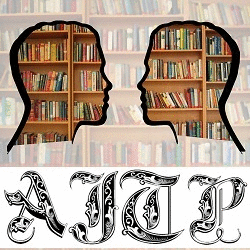Adoption of Clear Convincing Evidence in Hong Kong
DOI:
https://doi.org/10.18034/ajtp.v9i2.622Keywords:
Evidence, Comparative Law, Clear Convincing Evidence, Hong KongAbstract
Drawing from overseas practices, namely the law in England & Wales (E&W) and the law in the United States (US), this article will critically discuss whether a higher standard of proof of ‘clear and convincing evidence (CCE) should be adopted in non-criminal proceedings in Hong Kong (HK), and if so, in what types of cases. Consequently, because the 'balance of probabilities ("BOP") and 'beyond reasonable doubt' ('BRD') standards have themselves proved to be highly complex, and jurors have found these standards even more complicated to understand, the introduction of an intermediate CCE standard would invariably lead to even more complexity and misunderstanding in the current HK evidentiary system applicable to non-criminal proceedings. This is precisely the opposite of what the HK evidentiary system needs now. Whilst a higher CCE standard of proof could in principle be adopted within HK, for instance, in cases where due process principles may potentially be invoked, unless the such standard is conceptually or empirically justified based on irreproachable evidence, it would represent an arbitrary re-allocation of evidentiary standards.
Downloads
Downloads
Published
Issue
Section
License
American Journal of Trade and Policy is an Open Access journal. Authors who publish with this journal agree to the following terms:
- Authors retain copyright and grant the journal the right of first publication with the work simultaneously licensed under a CC BY-NC 4.0 International License that allows others to share the work with an acknowledgment of the work's authorship and initial publication in this journal.
- Authors are able to enter into separate, additional contractual arrangements for the non-exclusive distribution of the journal's published version of their work (e.g., post it to an institutional repository or publish it in a book), with an acknowledgment of its initial publication in this journal. We require authors to inform us of any instances of re-publication.














